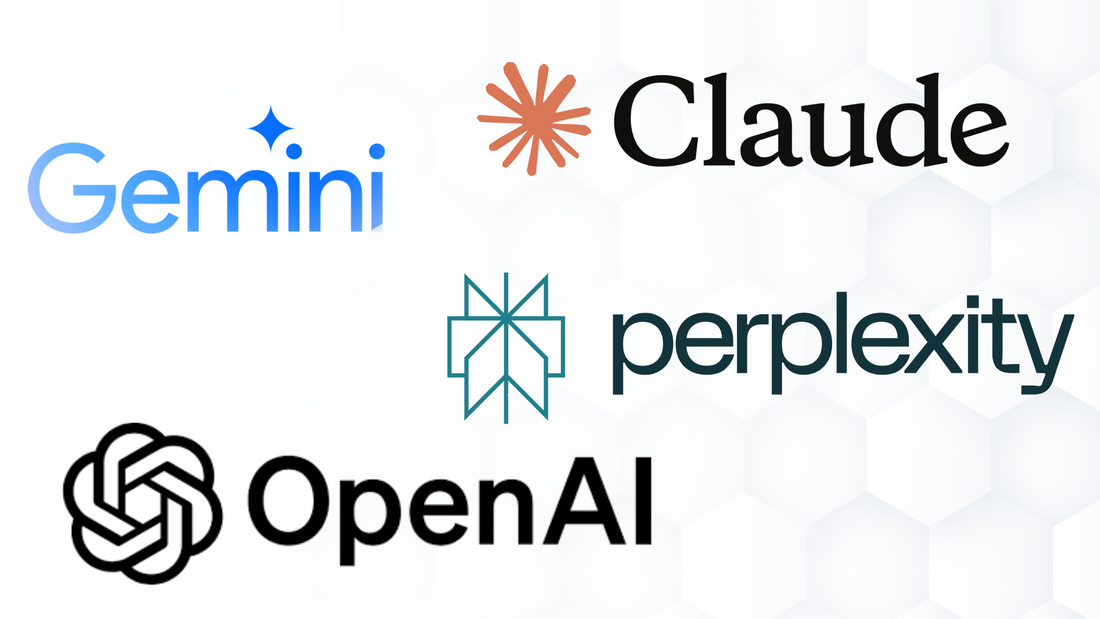
The Future of SEO in E-Commerce: Adapting to Changing Search Behavior
Share
As we navigate 2025, SEO is evolving. This evolution is not driven by old keyword tactics, but by AI-powered search experiences that demand new strategies, particularly for D2C and e-commerce brands.
Google AI and E-Commerce: The New Standards
Google has been steadily embedding AI across search and shopping.
- Its AI Overviews now appear on approximately 13% of queries, up from just 6.5% in January. This signals a shift toward conversational summaries that reduce clicks to traditional results.
- At Google I/O 2025, Google announced innovations such as AI Search Mode, AI-powered shopping recommendations, agentic checkouts, and virtual try-on tools. These features are specifically transforming the e-commerce experience.
- This shift is altering traffic patterns. While traditional news or retail sites may see referral drops, AI-driven conversions are rising. In fact, there were 13 times more AI-based referrals to U.S. retail during the 2024 holiday season.
Generative AI Search Trends and Rising Metrics
Brands are already feeling the impact.
- According to Adobe Analytics, retail traffic from AI-powered searches skyrocketed 1,300% year over year during the 2024 holiday season.
- Gen Z is ahead of the curve. Forty-seven percent use generative AI weekly, and 46% now start searches via social platforms instead of Google.
- eMarketer projects that AI-driven search ad spending will grow from approximately $1 billion in 2025 to $26 billion by 2029. Advertisers are clearly betting on this shift.
What This Means for D2C and E-Commerce Brands
AI search is not just an academic concept; it has real implications for D2C and e-commerce brands.
- Reduced click-through rates. AI Overviews and chat-driven answers often satisfy intent before users click, which means lower organic traffic from traditional SEO.
- Conversational content matters. Back Market, which saw AI referral traffic climb by 470 times, rewrote product descriptions in a conversational tone to better align with the preferences of large language models (LLMs).
- New channels are emerging. For example, Perplexity’s "Buy with Pro" feature allows on-platform purchases, creating a direct-to-AI-consumer pipeline.
AI Tools Powering E-Commerce

Perplexity
- Achieved an $80 million run rate in 2024 and reached 22 million users.
- Its "Buy with Pro" feature integrates with Shopify merchants, enabling native checkout within the Perplexity platform.
Claude (Anthropic)
- Powers predictive analytics, supplier comparisons, and automated customer support.
- Merchants use Claude to automate inventory forecasting and personalize marketing, resulting in a 42% improvement in behavioral analysis and a 15% increase in campaign accuracy.
GPT (OpenAI)
- Handles 10 million queries daily and operates in 161 countries. It powers ChatGPT shopping features that provide product guidance via chat.
- AI channels doubled every two months, and retail traffic driven by AI during the holiday season climbed by 1,300% year over year.
Google Gemini
- Integrates with platforms like Shopify and Magento to enable AI-powered product recommendations and content generation.
- At Wayfair, Gemini Code Assist accelerated developer setup by 55% and improved performance by 48%.
- Enhanced models such as Gemini 1.5 are now managing recommendations, automating inventory, and enhancing customer service.
Summary: Why Your D2C Shop Needs to Shift Now
AI-first search is already reshaping early customer intent. If your brand is not visible to LLMs, it is essentially invisible to a growing segment of searchers.
Organic traffic is transforming. Fewer clicks mean brands must adapt content for AI crawlers by focusing on structured data, site speed, and conversational tone.
New buying journeys are emerging. On-platform purchases through AI-powered platforms mean brands must ensure their product catalogs are AI-indexed and optimized.
AI-backed insights can improve ROI. From demand forecasting to real-time checkout assistance, early adopters are gaining measurable advantages.
Conclusion: The Imperative for D2C and E-Commerce Brands
AI-first search is not a future trend. It is here and growing rapidly. For D2C and e-commerce brands, success now depends on:
- Optimizing content for conversational and AI-powered search
- Structuring product data for machine readability
- Integrating with AI platforms such as Shopify with Perplexity or Google Gemini
- Embracing AI tools for marketing, logistics, and customer experience
Brands that adapt early will benefit from stronger engagement, smarter conversions, and sustainable growth in this new search landscape. The message is clear: prepare now, or risk falling behind.
